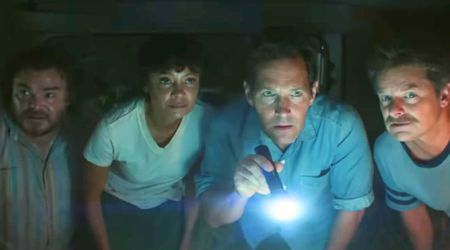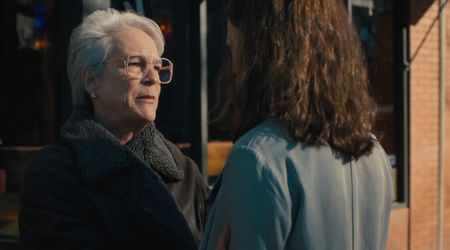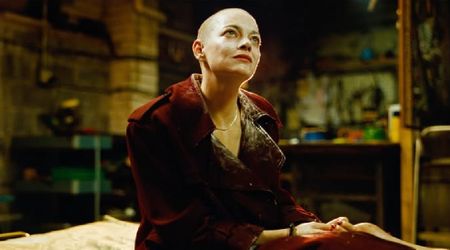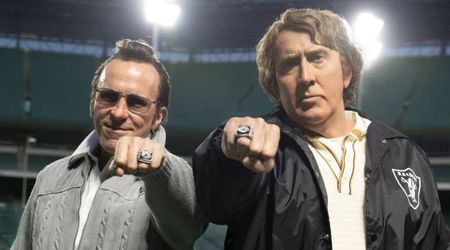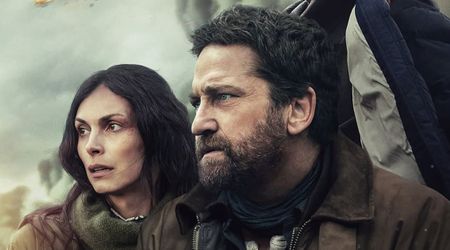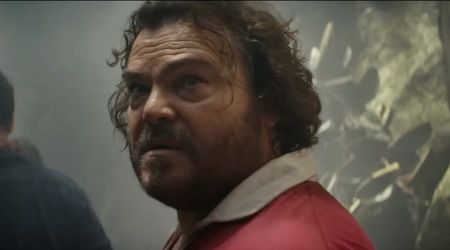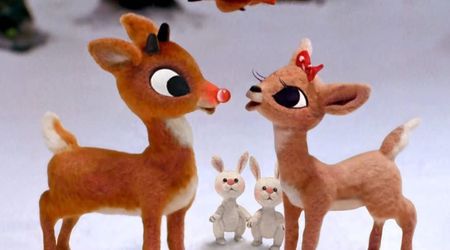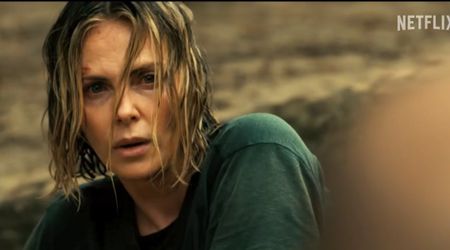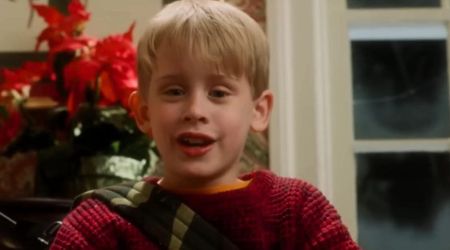Second Coming of 'Mister Rogers' with 'Won't You Be My Neighbor?'

Fred McFeely Rogers entered the lives of children through a local show in Pittsburgh in 1954 with 'Mister Rogers’ Neighborhood,' which was not a hyper-animated cartoon series but rather a simple puppeteer act that taught the generation a wise wisdom of kindness and narration on life's ups and downs. Today, the world needs kindness more than ever, so this is the reason why Morgan Neville made his documentary 'Won’t You Be My Neighbor?' which released this week and is airing in selected theatres.
The film is named after one of Rogers'famous song; "Won't You Be My Neighbor?" as his shows that pioneered the early stage of television continues to live on. "It's a beautiful day in this neighborhood, a beautiful day for a neighbor. Would you be mine? Could you be mine?" Rogers's voice still echoes in the American household.
When he passed away in 2003, at the age of 74, he had won every award imaginable including the Presidential Medal of Freedom. In 1963, he became an ordained Presbyterian minister, but for millions who knew him, he was simply known as "Mister Rogers." The ample rerun of his shows with iconic sneakers and sweaters, 'Mister Rogers' soon diversified into other educational products including books.
Fifteen years after Rogers death because of stomach cancer, the new documentary explores his accomplishments, not just the count of over 40 of his awards, but his ability to level with children and teach kindness to his young and old audiences alike.
The documentary isn't Rogers cradle-to-grave biography even though the film tells us that he had a difficult childhood and suffered from many diseases, including Scarlet fever. But the documentary sheds light on his kindness and empathy.
"When I first went to Pittsburgh and met everybody including the family, when I met [Fred’s widow] Joanne Rogers, I said, “I don’t want to make a film about the biography of Fred. I want to make a film about the ideas of Fred Rogers,” Morgan Neville told Vox.
So you will catch a clip of the June 7, 1968, primetime special in which Rogers spoke directly to kids about their feelings and fears in the wake of Robert F. Kennedy's assassination. He knew exactly what he was doing. He did not shy away from controversial topics because he cared about his audience. He knew children would be watching the televised funeral of John F Kennedy on Saturday, so he created one special show on Friday to mentally prepare the children.
Even though the focus of the documentary is on Rogers ideas and the proof that he was the same genuine person off-the screen to his wife and two children, Rogers did battle deep-rooted issues plaguing the American society then, including racism. In 1969, he invited black co-star François Clemmons, as the neighborhood police officer, to join him in a kiddie pool and helped dry Clemmons’s feet with a towel.
“At that time in the nation, white people in urban settings were putting acid in swimming pools to keep black people out of the pools,” recalls Clemmons in the documentary. “He was very much aware of what was happening in America. He didn’t put his head in the sand. I’ve had countless people over the years tell me how deeply, deeply meaningful it was,” Clemmons added.
This move was a masterstroke, for what better way to ask for a better tomorrow than help children understand the idea of better world.
"Television has the chance of building a real community out of an entire country," Rogers said in one of the many interviews featured in the documentary.
During that time, Television was comparatively innocent. So Rogers humble act created waves, which may not have worked today. But what he did then for over 30 years is an important message today and an insight on what we lack; the essence of kindness. The film opens with black-and-white footage of Fred Rogers in 1967, playing the piano.
Then he explains that one of his jobs is “to help children through the modulations of life.” Which means, he helps children figure out how to express and regulate their emotions while dealing with bullies, experiencing parents’ divorce, feeling uncertain about the future, and going through frightening world events. This is something we still need today and horrible experiences don't end once our childhood is over.
Eerily enough, one of the first episodes to air in 'Mister Rogers’ Neighborhood' was on the topic centering around a heated political debate about borders and wars. This topic is relevant when we talk about the political scenarios today and Rogers went on to explain cultural battles in the simplest of ways.
An article in 'The Atlantic', penned by Maxwell King, the author of the forthcoming book 'The Good Neighbor: The Life and Work of Fred Rogers,' explains Rogers's rules of talking to children. He explains that Rogers was aware that children took words "literally" so he carefully crafted his sentences and music in the choicest of words.
King narrates that once Rogers's former producer, Arthur Greenwald, told the author about "Freddish," the peculiar language of Rogers. King writes; "There were no accidents on Mister Rogers’ Neighborhood.” He took great pains not to mislead or confuse children, and his team of writers joked that his on-air manner of speaking amounted to a distinct language they called “Freddish.”
An example cited was this instance when Rogers's changed the line “I’m going to blow this up,” to "I’m going to puff this up with some air," because "blow it up" might sound like there’s an explosion, and he didn’t want the kids to cover their ears and miss what would happen next.
The impact was profound. And the documentary shows that.
Critics have noted that what is so startling about the film is that he was the same person as he was on-screen, which of course seems a bit dubious, but for him and those who knew him, he was authentic. He was the man who told children to value their own worth and live in peace with neighbors. The much-needed wisdom that is required today. We may not be able to have another Mister Rogers today but his message can continue through stories initiated.
The children of his generation can pass on the much-required lesson to today's children and there can be a much larger ray of hope for a better world.

